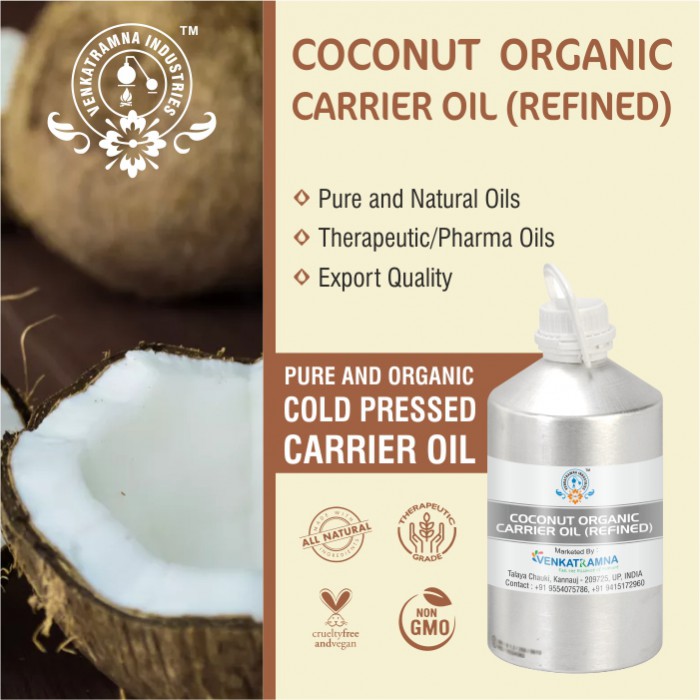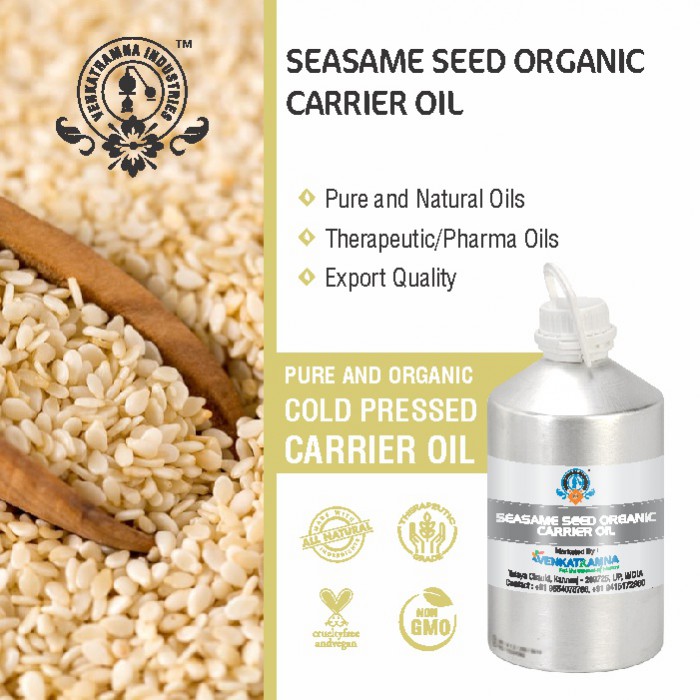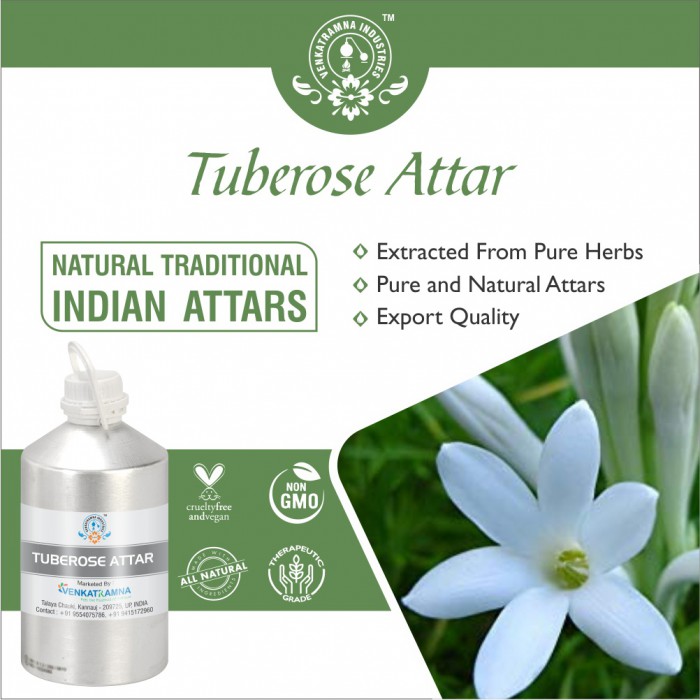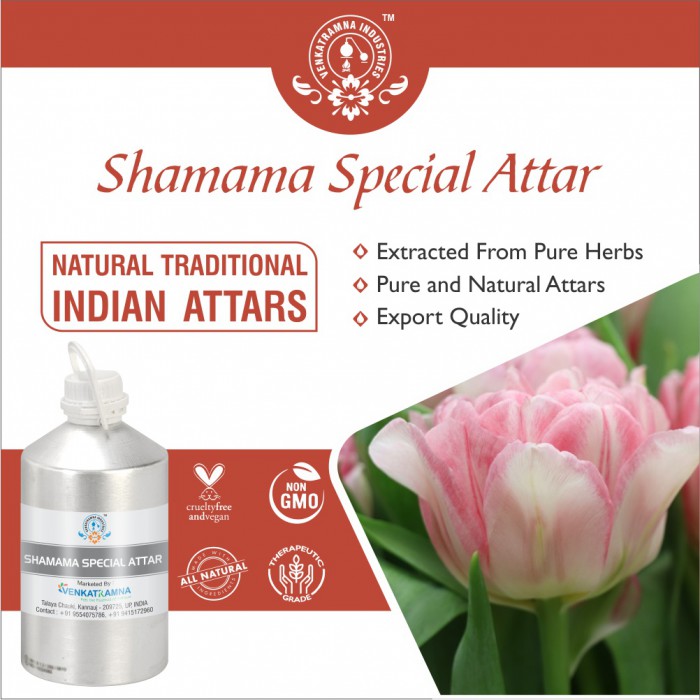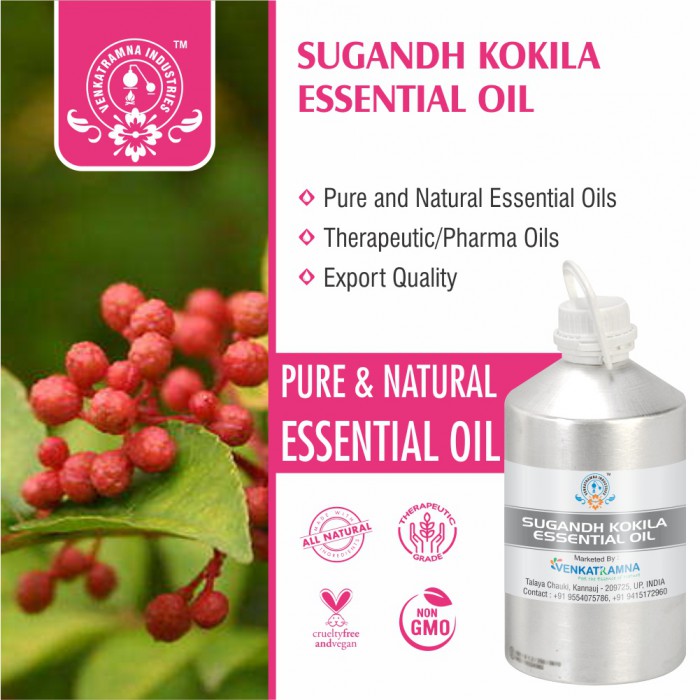Botanical Name: Nigella sativa Common name: Black caraway, fennel seed, black cumin Read More
|
Botanical Name: |
Nigella sativa |
|
Common name: |
Black
caraway, fennel seed, black cumin |
|
Plant
family: |
Apiaceae (umbelliferae) |
|
Genus: |
Nigella |
|
Appearance/Color: |
golden
brown |
|
Odor: |
Aroma
mild, earthy, peppery/spicy, woody |
|
Blends
With: |
Blends with red raspberry, cranberry and sunflower. |
|
Origin |
|
Black cumin seed oil has been used
for health and wellness for thousands of years. In it, you’ll find vitamins,
minerals, essential fatty acids and even compounds that improves cell growth.
It’s been called a veritable fountain of youth.
Black cumin seeds come from a
plant called Nigella sativa. The plant is sometimes called black caraway
or fennel flower too, and it’s a totally different plant from the cumin that
you normally cook with. That kind of cumin comes from Cuminum cyminum
and is related to parsley.
Archaeological evidence about the
earliest cultivation of N. sativa “is still scanty”, but N. sativa
seeds were found in several sites from ancient Egypt, including Tutankhamun’s
tomb. Seeds were found in a Hittite flask in Turkey from the second millennium
BCE.
Nigella sativa black-caraway, also known as nigella (or kalonji), often called
black cumin, is an annual flowering plant in the family Ranunculaceae, native
to south and southwest Asia.
Nigella sativa grows to 20-30 cm (7.9-11.8 in) tall, with finely divided, linear (but not thread-like) leaves. The flower is delicate, and usually colored pale blue and white, with five to ten petals. The black caraway fruit is a large and inflated capsule composed of three to seven united follicles, each containing numerous seeds which are used as spice, sometimes as a replacement for black cumin.
DISCLAIMER
The complete range of conditions
or methods of use are beyond our control therefore we do not assume any
responsibility and expressly disclaim any liability for any use of this
product. Information contained herein is believed to be true and accurate however,
all statements or suggestions are made without warranty, expressed or implied,
regarding accuracy of the information, the hazards connected with the use of
the material or the results to be obtained from the use thereof. Compliance
with all applicable federal, state, and local laws and local regulations
remains the responsibility of the user.
The FDA has not evaluated the
statements on this website. No claims are made by Venkatramna Industries as to
the medicinal value of any products from vriaroma.com or by us. The information
presented here is for educating our customers about the traditional uses of
essential oils and is not intended to diagnose, treat, cure, or prevent any
disease. You are responsible for understanding the safe application of these products.
If you have any questions, please call or email us for further information.
As per NAHA guidelines, New Directions Aromatics
(NDA) does not recommend the ingestion of essential oils. It is imperative to
consult a medical practitioner before using Essential Oils for therapeutic
purposes. Pregnant and nursing women and those taking prescription drugs are
especially advised not to use this product without the medical advice of a
physician. The oil should always be stored in an area that is inaccessible to
children, especially those under the age of 7.
In Ayurveda, Black Cumin Seed Oil has been used
in a wide range of applications, mainly for its stimulating, warming, and tonic
properties as well as for its uplifting effect on the mood. Traditionally, it
was used to address health conditions such as anorexia, sexually-transmitted
diseases, and gynaecological ailments. It was also believed to be beneficial
for stimulating the appetite and metabolism, easing neurological disorders,
positively enhancing negative temperaments, and promoting harmony within the
body and mind.
Used medicinally, Black Cumin Seed Oil works as an antiseptic
and anti-bacterial agent that eliminates harmful topical bacteria while
preventing their future growth, thus proving to stimulate a strong immune
response.
With anti-inflammatory and soothing properties, it soothes skin
and facilitates its healing process to effectively address conditions such as
eczema and psoriasis. Its analgesic properties make it ideal for reducing the
discomforts of rheumatism.
Black Cumin seed essential oil in
Pharma
Traditionally, Black Cumin Seed Oil has been used for its
stimulating, warming, and tonic properties as well as for its harmonizing
effect on the mood.
Used topically, Black Cumin Seed Carrier Oil is reputed to
hydrate, soothe, smooth, and nourish the skin, to address fungal infections and
blemishes, and to promote the skin’s reparation and regeneration, thus
facilitating a smoother, clearer, and brighter complexion.
Rich in vitamins, minerals, and fatty acids, Black Cumin Seed
Oil delivers gentle yet profoundly nourishing moisture that is easily absorbed
into the skin, leaving it feeling smooth, hydrated, and nourished with a
radiant look. Its softening quality makes it beneficial for even the most
sensitive skin and its firming and regenerative properties are known to lessen
the chance of scars developing from wounds.
Essence of Black seed cumin
essential oil
Used cosmetically or topically in general, Black
Cumin Seed Oil is reputed to effectively address fungal infections, yeast, and
mould with its anti-fungal properties. Its antioxidant activity is known to
promote the skin’s elimination of harmful free radicals, thus diminishing the
appearance of wrinkles, fine lines, dark spots, and other blemishes, thereby
exhibiting a rejuvenating and revitalizing effect. When applied to hair, Black Cumin Seed Oil is known to exhibit
the supportive effects, thus promoting the growth of stronger and smoother
strands.
Black Cumin Seed Oil can also be diffused in a
vaporizer and, when diffused, it is reputed to enhance and support the health
of the respiratory system. It is believed to have the potency to alleviate
symptoms of asthma and bronchitis. Due to its carminative property, which
enhances digestion and reduces discomforts such as stomach pain, bloating, and
gas, it is believed to ease gastrointestinal disorders.
COMMON USAGE
·
Diabetes
·
Epilepsy
·
Colon cancer
·
MRSA
·
Protection against heart attack
damage
·
Breast and brain cancer
·
Leukaemia
· Oral cancer
· Legendary beauty secret
Ingredients:
|
S. No |
Key Constituents |
Strength (%) |
|
1 |
Thymoquinone |
26.8-54.8 |
|
2 |
p-cymene |
14.7-38.0 |
|
3 |
longifolene |
1.2-10.2 |
|
4 |
a-thujene |
1.3-10.1 |
|
5 |
carvacrol |
0.5-4.2 |
|
6 |
a-Cubebene |
0.4-3.0 |
|
7 |
a-pinene |
0.2-2.4 |
|
8 |
(p)-limonene |
0.7-2.3 |
|
9 |
b-pinene |
0.4-3.0 |
|
10 |
Sabinene |
0.2-1.6 |
TOXICOLOGICAL INFORMATION
Safety summary
·
Hazards:
drug interaction; fetotoxic, based on thymoquinone content; skin sensitization.
·
Contraindications: (all routes)
pregnancy, breastfeeding
·
Cautions
(oral): diabetes medication.
·
Caution
(dermal): hypersensitive, diseased or damaged skin, children under 2 years
of age.
Organ-specific effects
·
Adverse skin reactions:
of 240 consecutive dermatitis patients in Saudi Arabia, two presents with
dermatitis caused by the topical application of black seed oil. One had
pigmented dermatitis on the face, while the other had generalized reactions.
Repeated applications of an ointment containing black seed oil caused ACD in
31-year-old women with pre-existing eczema. Another case of ACD was reported in
a 28-year-old man; patch testing confirmed black seed oil as the causative
agent. Two similar severe cases of systemic adverse reaction to black seed oil
were diagnosed as generalized erythema multiforme and bullous eruption. In the
first case, capsules containing 500mg of black seeds oil were taken, and patch
testing was positive for the same oil. The second case involved both oral
ingestion and dermal application. It was later established that in the Nosbaum
et at case, black seed fixed oil was used, not the essential oil, and the same
may well be true of some of the other reports. However, the fixed oil naturally
contains up to 0.5% essential oil, and therefore essential oil constituents
such.
·
Immunotoxicity:
when rats were injected in with 2.5 mL of black seed oil twice weekly for 4
weeks, there was a decrease in splenocytes and neutrophils, but an increase in
peripheral lymphocytes and monocytes.
·
Hepatotoxicity:
injected black seed essential oil afforded protection against induced
hepatotoxicity in rats.
Systemic effects
·
Acute toxicity:
no information found. The acute oral LD50 of thymoquinone in mice was 2.4 g/kg.
cymene acute oral LD50 in rats 4.75 g/kg.
·
Subacute
and Sub chronic toxicity: When black seed oil was fed to
rats at 0.3% of the diet for 8 weeks, there were no significant deviations in
organ to body weight ratios compared to controls for heart, liver, pancreas,
lungs, spleen, left kidney and right kidney. Indices of red and white blood
cells remained within normal limits, as did cardiac enzymes, liver function
tests, urea, creatinine, albumin, globulins, A/G ratio and total proteins. As
part of an experimental protocol to assess chemo preventive activity, male rats
were dosed with 200 mg/kg/day of black seed oil for 14 weeks. Gross and
microscopic examination of the liver, kidneys, spleen, lungs, stomach,
intestine, testes and accessory organs, and thyroid gland, revealed no
histopathological changes.
ECOLOGICAL
INFORMATION
·
Ecotoxicity: No data available
·
Bioaccumulation: No data available
·
Mobility in soil: No data
available
·
Persistence and degradability: No
data available
· PBT and vPvB assessment: No data available


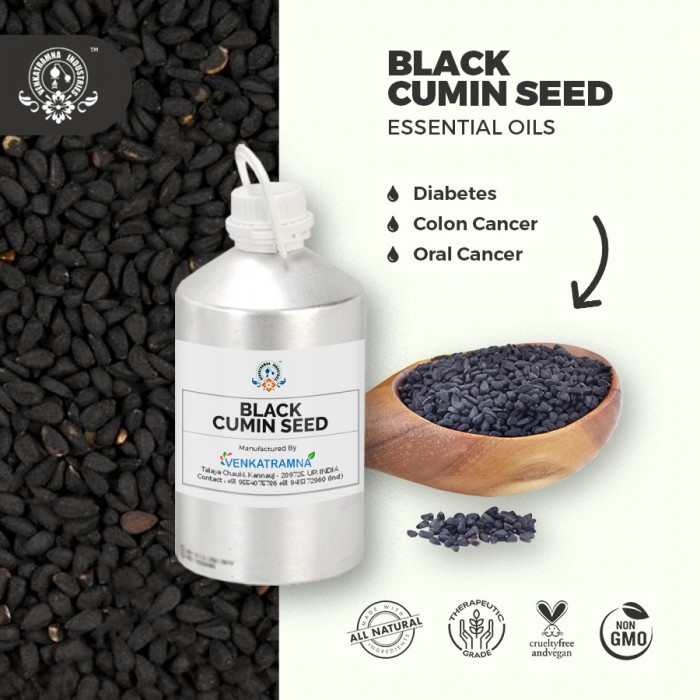
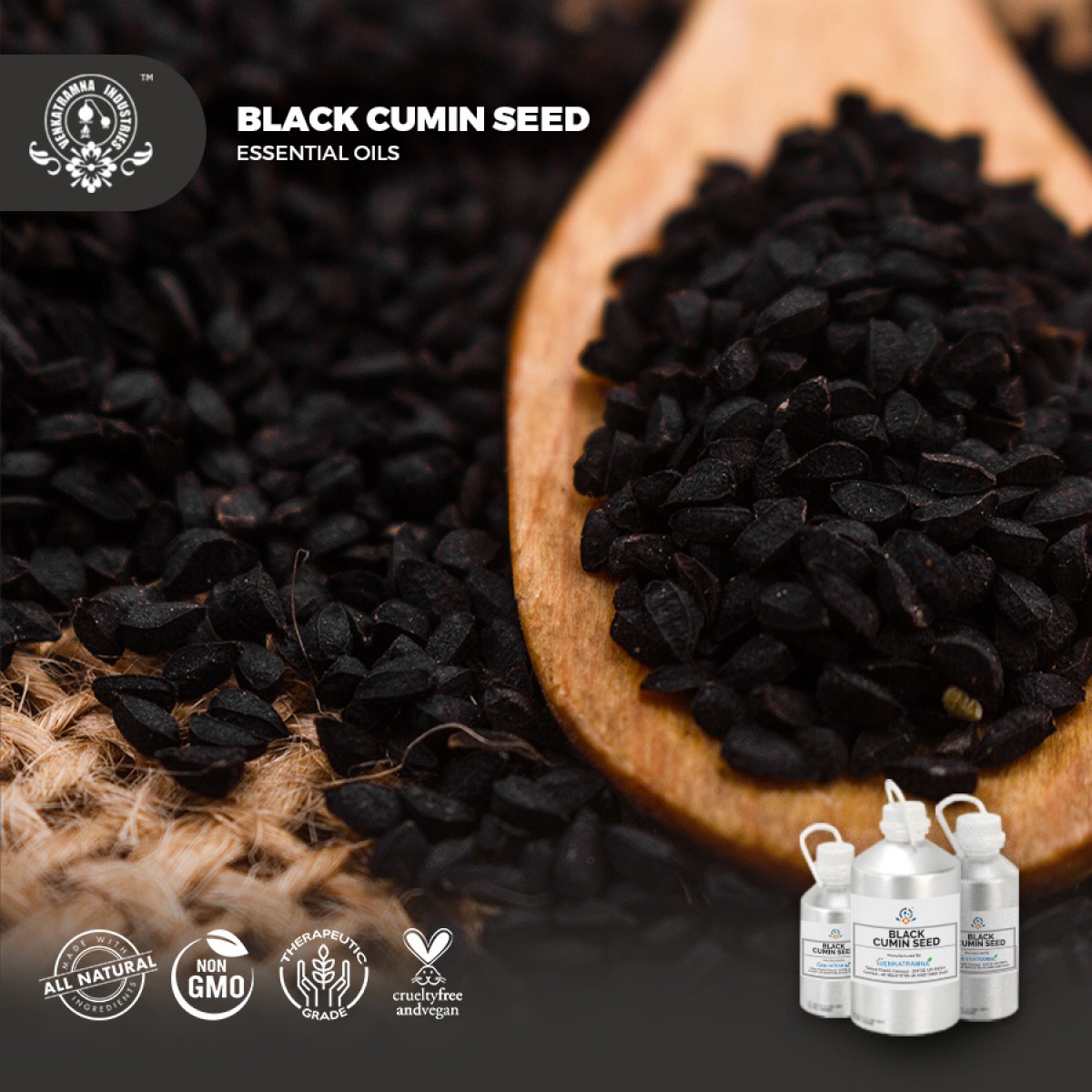
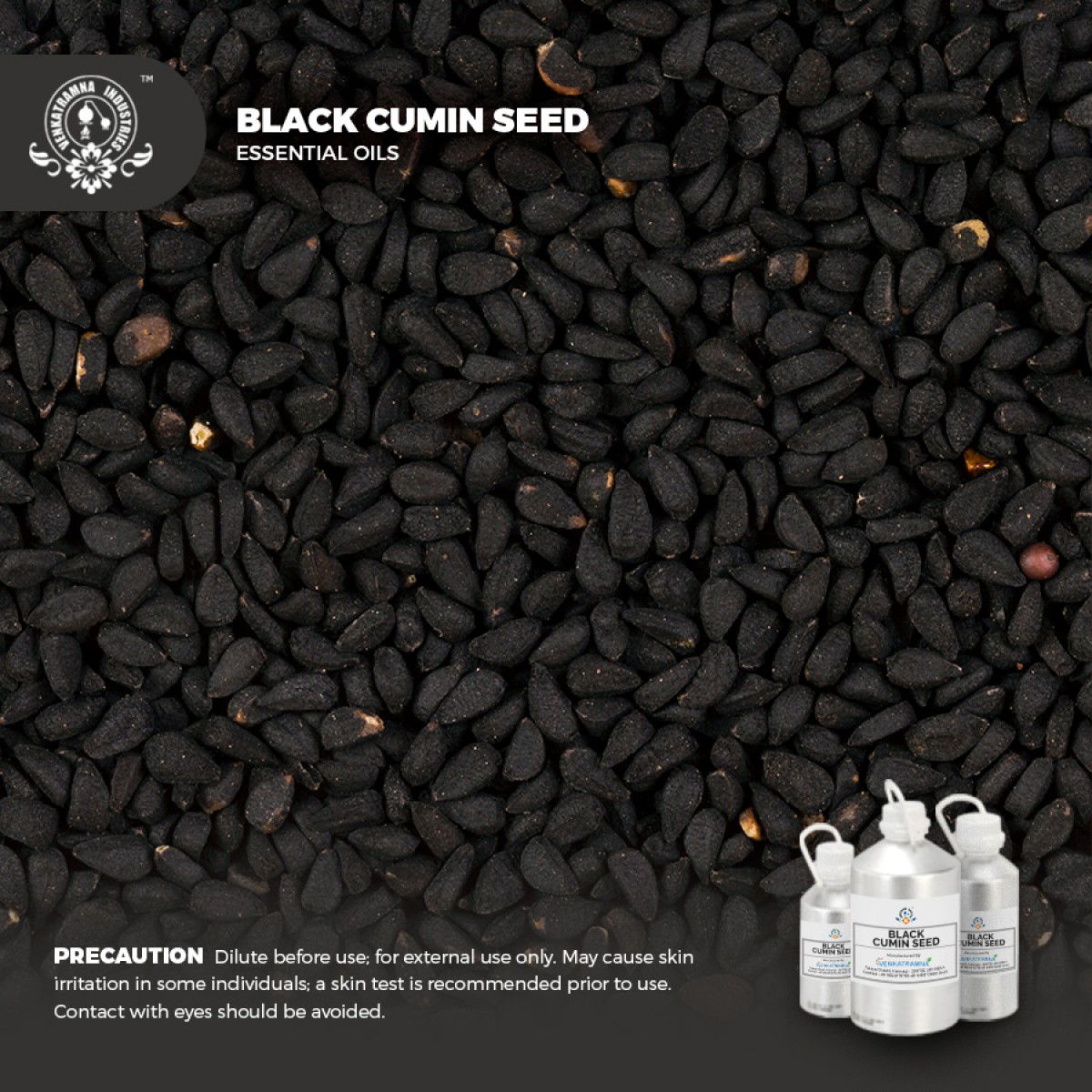
 MSDS-Balck_cumin.pdf
MSDS-Balck_cumin.pdf